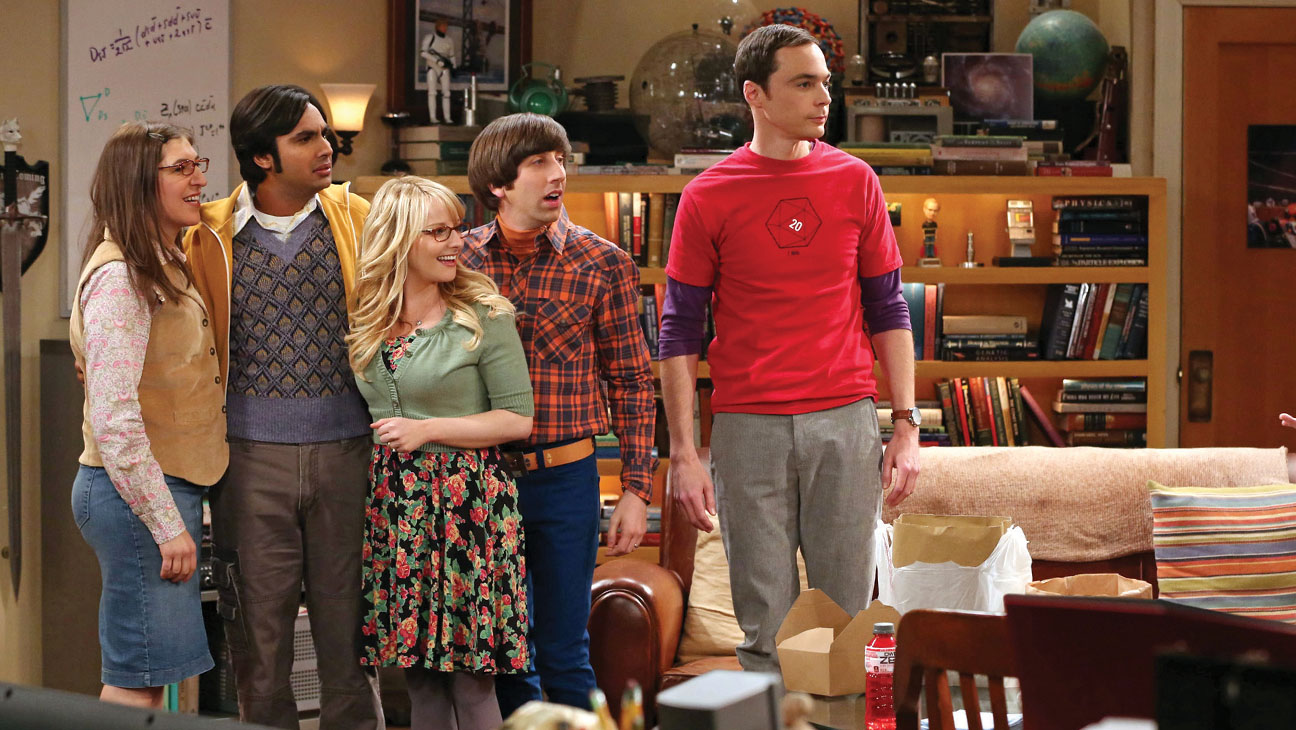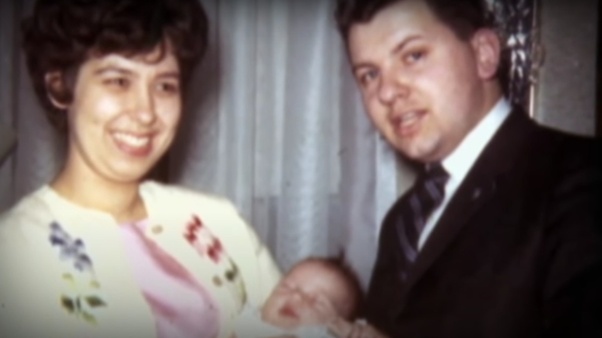Actor and director Billy Bob Thornton have recently made headlines with his comments about the Big Bang Theory, one of the most widely accepted scientific theories of the origin of the universe.
In an interview with The Hollywood Reporter, Thornton expressed his doubts about the theory, stating that he didn’t believe in it and that it was “just a guess.”
He went on to say that he thought the theory was created by scientists who wanted to explain the origins of the universe but didn’t have all the answers.
Thornton’s comments have sparked a debate about the validity of the Big Bang Theory and the role of science in society.

Many scientists and science enthusiasts have criticized Thornton’s remarks, arguing that the theory is supported by a vast amount of evidence and is widely accepted in the scientific community.
The Big Bang Theory is a cosmological model that describes the origin of the universe as an explosion that occurred approximately 13.8 billion years ago.
The theory is based on the observation that galaxies are moving away from each other, which suggests that the universe is expanding. Scientists believe that if the universe is expanding, it must have started from a single point in time and space, which they call the “Big Bang.”
The theory is supported by a wide range of evidence, including cosmic microwave background radiation, the abundance of light elements, and the large-scale structure of the universe. In fact, the Big Bang Theory is one of the most extensively tested and widely accepted scientific theories in history.
Despite the overwhelming evidence in support of the theory, some people, like Thornton, remain skeptical. This skepticism is not uncommon, as many scientific theories have faced skepticism and controversy throughout history. However, it is important to note that skepticism should not be confused with denialism or anti-intellectualism.
Scientists and science enthusiasts have pointed out that skepticism is an essential part of the scientific process.
Scientists are constantly questioning and testing their theories, looking for evidence that could potentially disprove them. This process helps to refine and improve scientific knowledge over time.
However, denialism or anti-intellectualism, which involves the rejection of scientific evidence and expertise, is a dangerous trend that can lead to the spread of misinformation and the rejection of scientific progress.
Thornton’s comments have sparked a broader discussion about the role of science in society and the importance of scientific literacy.
Science is an essential part of our modern world, and it plays a critical role in our daily lives, from the technology we use to the medicines we take.
However, despite its importance, scientific literacy remains low in many parts of the world.
According to a recent study by the National Science Foundation, only 25% of Americans are scientifically literate, and even fewer have a basic understanding of scientific principles and concepts.
This lack of scientific literacy has serious implications for society.

It can lead to the spread of misinformation and pseudoscience, which can have a harmful impact on public health, the environment, and the economy.
It can also lead to a lack of trust in scientific institutions and the rejection of scientific progress.
To address this issue, many scientists and educators are working to improve scientific literacy and promote science education.
This includes initiatives such as science festivals, science museums, and science communication programs, which aim to make science more accessible and engaging for the general public.
In conclusion, while Billy Bob Thornton’s comments about the Big Bang Theory have sparked controversy and debate, they have also highlighted the importance of scientific literacy and the role of science in society.
Skepticism is an essential part of the scientific process, but it is important to distinguish between healthy skepticism and denialism or anti-intellectualism. As a society, we must work to improve scientific literacy and promote science education, so that we can make informed decisions and ensure a better future for ourselves and future generations.
Always be updated with us visit GeeksULTD for real-time updates







